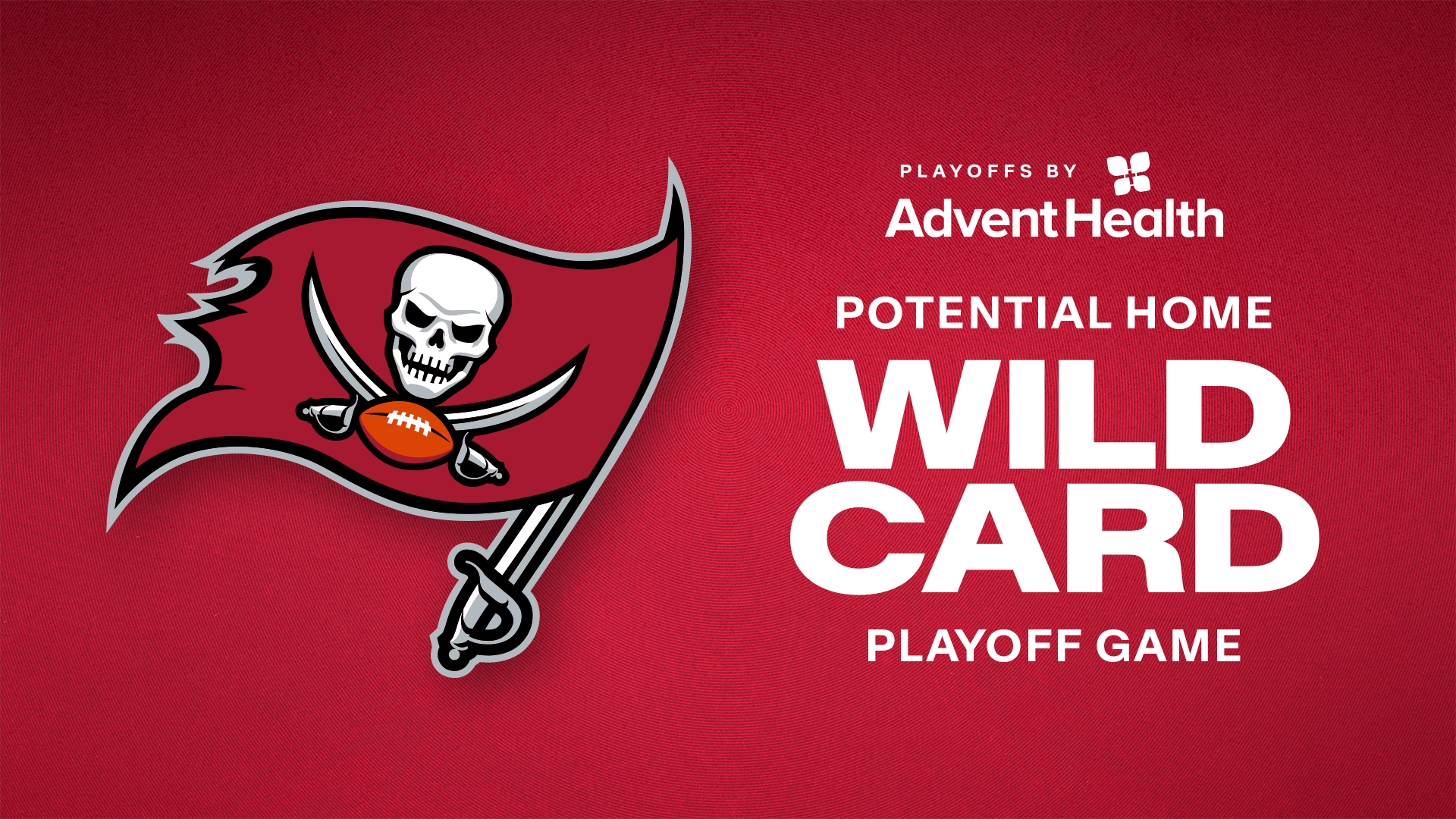RB Travis Stephens and the rest of the Bucs' 2002 draft class combined for zero starts last fall, but that's not particularly unusual on a winning team
(By Pat Kirwan, special to NFL.com)
It's April, so NFL fans are excited about what their favorite team is going to do in the 2003 NFL Draft. Will they draft the best available athlete? Will they fill a glaring need? Will they trade down or will they trade up? Will they deal picks for proven veterans? There are so many scenarios that can unfold, and that's what makes the draft so intriguing.
But the reality of those draft picks actually lining up next season is another story. I broke down last year's draft by how many draft picks started games in 2002, and the results are very interesting.
First, let's take a look at the number of starts that were recorded by players from each round and the average number of starts players in those rounds generated. Take a look at the first round -- if a team's first-round pick didn't have at least seven starts, he was below the league average. For example, defensive end Bryan Thomas of the Jets had zero starts -- they could have used more production from him. Conversely, safety Roy Williams of the Cowboys started all 16 games, which is double the average.
| 2002 NFL DRAFT – STARTERS BY ROUND | ||
| ROUND | STARTS | AVERAGE |
| 1 | 243 | 7.6 |
| 2 | 193 | 6.0 |
| 3 | 110 | 3.3 |
| 4 | 69 | 1.8 |
| 5 | 56 | 1.5 |
| 6 | 47 | 1.2 |
| 7 | 41 | 0.8 |
Don't expect many 2003 draft picks to start all 16 games. Last year, just seven of the 260 selections got credit for 16 starts. Three first-rounders (Williams, Ed Reed of Baltimore and David Carr of Houston), three second-rounders (Tennessee's Tank Williams, Baltimore's Tony Weaver and Houston's Chester Pitts) and one fourth-rounder (Miami TE Randy McMichael) lined up as starters every week. Simply put, two percent of last year's draft picks were credited with starting every game.
Other interesting statistics to keep in mind as we draw closer to the 2003 draft:
1. 40 percent of the 2002 picks did not start one game in their first season.
2. 11.5 percent of the draft picks were cut by the team that drafted them. The most interesting stories of cut draft picks were DE Raheem Brock and TE John Gilmore, both of whom defied all odds. Brock was a seventh-round selection of the Eagles who was cut and picked up by the Colts. He started six games for Indianapolis, which is extraordinary when you realize seventh-rounders averaged less than one start. Gilmore was a sixth-round pick of the Saints who was let go and started four games for the Bears. Not bad when the chart says sixth-rounders averaged 1.2 starts.
3. 17 draft picks spent most of the season on injured reserve or quit, which accounts for another six percent.
Next, I took a look at draft picks as they relate to the success of the team they were on. There were 16 teams that had an 8-8 record or worse. Those 16 teams produced 488 rookie starts, or 30.5 starts per team. The 16 teams with a winning record only produced 209 rookie starts, or 13 per team. It stands to reason that it's harder for rookies to break into a lineup on good teams than on losing teams.
Then I looked at teams individually and a few clubs really distinguished themselves. It is very encouraging for the future if teams with winning records in 2002 also had an above-average amount of rookie starts.
I pointed out that winning teams averaged 13 rookie starts in 2002, but Tennessee (33), Oakland (20), the New York Giants (20), Green Bay (19) and Indianapolis (19) led the NFL in this unique look at rookie contributions. The future looks very bright for any team like Tennessee, which won 11 games and got its rookies on the field.
When you consider that the world champion Tampa Bay Buccaneers produced zero rookie starts, the Jets had two and the Falcons had four, it drives one to ask what the future holds for teams that won in 2002 but didn't get their rookies much starting work.
Teams with losing records should be more likely to play rookies. Houston (80), Dallas (64), Baltimore (47), and Detroit (40) struggled in 2002, but at least they can enter 2003 knowing their youngsters gained valuable experience the previous year. On the other side of the coin, rookie starts for Seattle (four), Washington (five) and Arizona (12) -- teams that didn't have winning records -- is not the combination of events that makes for a good-looking future.
The truth is, these rookie-start numbers are actually tilted toward rookie contributions in 2002 because the expansion Texans were committed to playing a number of rookies in their first season. That will not be the case in 2003 since Houston is now a year old. It's quite possible this year's draft picks could have just five 16-game starters, and closer to 50 percent of the picks will not start one game.
As one GM I spoke with after I finished this study said, "We tend to keep more draft picks now than ever before, but we either have to pay them less or play them more." He then added: "Maybe it's these numbers that drive teams like Washington to surrender picks for players, but can they make the cap work?"
























